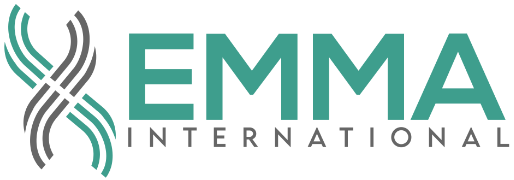A Non-Conforming Material Report or NCMR is the standard way to report a material that does not meet the predetermined specifications identified during an inspection. This inspection can occur during receiving, manufacturing, in-process, or final inspection. The report should have a detailed description of the non-conformance, the amount of material affected, and the action taken to resolve the issue. An NCMR can be escalated to create a CAPA or a SCAR (Supplier Corrective Action Request) if the non-conforming material is received from a supplier.
There are three primary purposes of NCMR:
- Strong quality control of non-conforming materials diminishes the risk of receiving a non-compliant product or failing to meet quality specifications.
- Having a procedure to identify, segregate, and dispose of Non-Conforming Material related to safety, legality, or quality systematically and to establish corrective action to prevent future reoccurrence.
- This procedure describes how Non -conforming material, components, partial assemblies & final products are controlled.
Managing non-conforming materials is a must for any medical device manufacturer. It is necessary to satisfy the ISO requirements, reduce costs, and ensure product defects are recorded and handled correctly.
A non-conforming material report (NCMR) must be brought to the current supplier to prevent the incorporation of defective equipment into the medical device. An NCMR is issued by either the quality department or during a warehouse inspection and requires identification inputs regarding the material condition. Including the defect detected and how it negatively impacts the product and device and the lot number of the non-conforming material. Additionally, the person carrying out the initial examination is also necessary.
Once the NCMR is submitted, a course of action must be taken to address the issue, which includes returning the material to the vendor, scrapping the material to prevent its further use, using it as is and accepting its risk, reclassifying the material, reworking it to another project/product, or repair it so that it is compliant with manufacturing standards.
Non-conforming material reports play an essential role in a QMS. They help ensure all raw materials used in the production of medical devices meet specifications, and if they fail to meet those requirements, then the risk of using the product is assessed. For help implementing or closing NCMR, contact the experts at EMMA International by phone at 248-987-4497 or by email at info@emmainternational.com.






